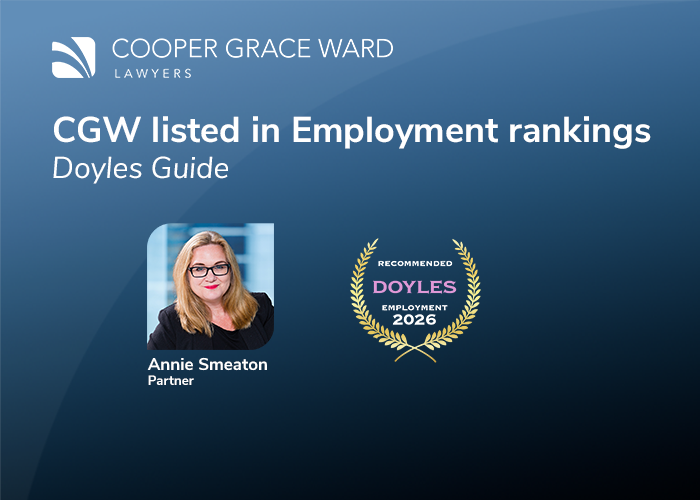In Re Greenpeace of New Zealand Incorporated [2014] NZSC 105 the Supreme Court of New Zealand has held that the ‘blanket exclusion’ of political purposes should no longer be applied when determining whether a purpose is charitable. The effect of this decision is that organisations partly engaged in non-charitable or political activities may be able to register as charities in New Zealand.
Greenpeace of New Zealand, an incorporated society, sought registration as a charitable entity under Part 2 of the Charities Act 2005. Under section 13 of the Act, societies or institutions qualify for registration if they are ‘established and maintained exclusively for charitable purposes’.
The Charities Commission declined the registration as it found that two objects of Greenpeace were not charitable. These objects were the promotion of disarmament and peace and the promotion of ‘legislation, policies, rules, regulations and plans which further [Greenpeace’s other objects] and support its enforcement or implementation through political or judicial processes as necessary’.
The Court of Appeal agreed with Greenpeace, finding that its peace and disarmament purposes were broadly charitable, but qualified its position in relation to political advocacy, stating that such activities would not prohibit an organisation from being a charity, as long as it was not the ‘primary purpose’ of the organisation.
Greenpeace appealed to the Supreme Court in relation to the restrictions placed on political advocacy by the Court of Appeal. The Supreme Court considered the extent to which purposes that are ‘political’ can be charitable and the extent to which an entity that engages in potentially illegal purposes can be charitable.
The Supreme Court held that:
- Political and charitable purposes are not mutually exclusive in all cases.
- An overarching exclusion of political purposes is unnecessary and distracts from the underlying inquiry as to whether a purpose is of public benefit, and thus could constitute a ‘charitable purpose’.
- An entity that has a purpose properly characterised as illegal will not be established and maintained exclusively for charitable purposes. However, isolated breaches of the law, even if apparently sanctioned by the organisation, and breaches of the law not deliberately undertaken or coordinated by the entity are unlikely to amount to a purpose.
Practically, this decision brings the law of New Zealand and Australia surrounding charities more into line. The majority in the Greenpeace case agreed with the view expressed by Kiefel J in Aid/ Watch Inc v Commissioner of Taxation (2010) 241 CLR 539 that charitable and political purposes are not mutually exclusive. The NZ Court appears to have gone further, stating that a political purpose itself can be charitable, as long as it meets the required public benefit test. Greenpeace Australia Pacific Limited is a registered charity, and the Greenpeace Trust is endorsed as a Deductible Gift Recipient. One of its objectives is to promote nuclear disarmament and peace, which highlights the point that political purposes will not automatically exclude an entity from being eligible for tax concessions.
For guidance in relation to determining charitable and non-charitable purposes, or for further information in relation to tax concessions available to charities and not-for-profit entities, please contact us.



